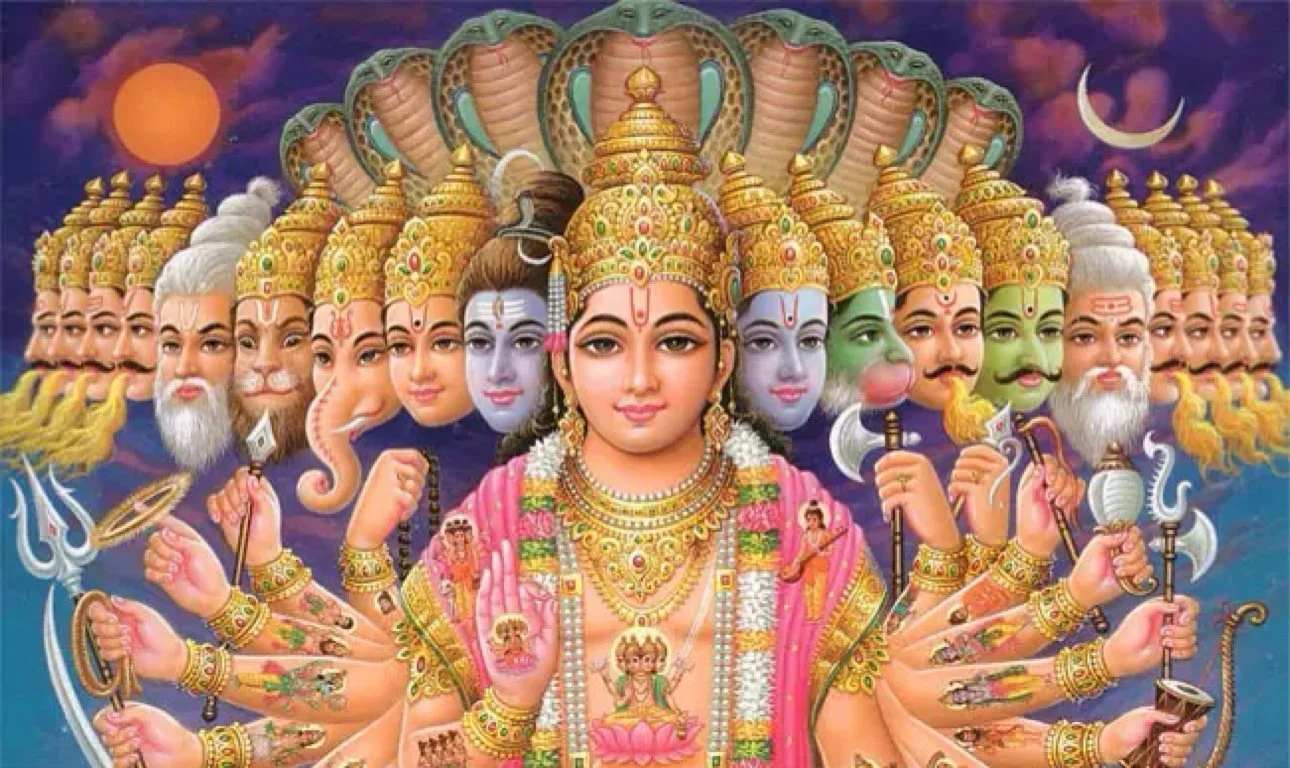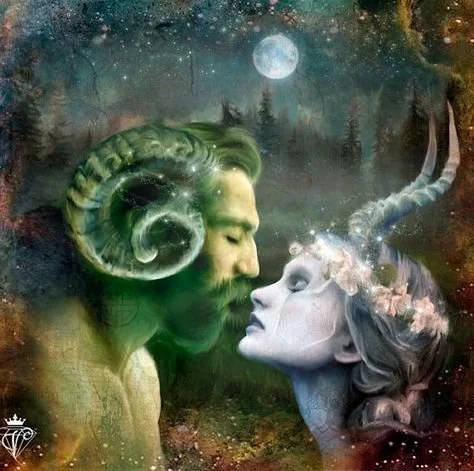Module Twelve
In continuation of module eleven, this week we will be examining more deities from different cultures.
EGYPTIAN DEITIES
Please note that the complete list of egyptian gods & Goddesses are so expansive that to name them all would be an alexandrian effort. We are including the top 50 and most common of the egyptian pantheon.
Amun :"The Creator God"
Ra (Atum): "God of Sun"
Osiris: "God of Justice"
Isis: "Goddess of Motherhood"
Hathor: "Goddess of Drunkenness"
Ma’at: "Goddess of Balance"
Horus: "God of Sky"
Anubis: "God of Death"
Set: "God of Deception"
Nephthys: "Goddess of Funerals"
Nut: "Goddess of Earth"
Shu: "God of Air"
Tefnut: "Goddess of Moisture"
Bastet: "Goddess of Beauty"
Thoth: "God of Intellect"
Ptah: "God of Memphis"
Khonsu: "God of Lunar"
Khnum: "God of Potters"
Hapi: "God of Fertility"
Sobek: "God of the Nile"
Bes: "God of Entertainment"
Tawaret: "Goddess of Childbirth"
Neith: "Goddess of Arrows"
Serket: "Goddess of Scorpions"
Nekhbet: "Goddess of Vultures”
Wadjet: "Goddess of Kingship"
Kherty: "God of the Underworld"
Nefertum: "God of Perfume"
Renenutet: "Goddess of Nursing"
Heka: "God of Magic"
Aker: "God of the Horizon"
Anhur: "God of Hunting"
Aten: "God of the Sun-Disk"
Bennu: "The Phoenix God"
Geb: "God of the Earth"
Khepri: "God of the Beetle"
Montu: "God of War"
Wadj-wer: "God of Mediterranean Sea"
Nemty: "God of Ferrymen"
Mut: "Goddess of Soul Protection"
Sekhmet: "Goddess of Destruction"
Neper: "God of Grain"
Hu: "God of Spoken Word"
Imhotep: "God of Reasonable Thinking"
Sia: "God of Thoughtfulness"
Menhit: "Goddess of Warfare"
Mafdet :"Goddess of Judgment"
Anuket: "Goddess of Fertility"
Seshat: "Goddess of Writing"
Meskhenet: "Goddess of Childbirth"
HINDU DEITIES
Alakshmi: For misfortune.
Durga: For protection.
Ganesha: For new opportunities.
Kali: For strength and spite.
Krishna: For peace and renewal.
Lakshmi: For wealth.
Rama: For winning conflicts.
Sarasvati: For creative inspiration.
Siva: For power, physical and mystical.
Vishnu: For psychic powers.
WICCAN DEITIES
WHILE MANY PRACTITIONERS OF WICCA ARE SOLITARY AND CAN INCORPORATE ANY DEITY THAT THEY FEEL INTUITIVELY DRAWN TO IN THEIR WORK. THIS IS A LIST OF THE MOST COMMON DEITIES FOUND IN WICCAN PRACTICE.
Adonis — Greek God of rebirth and vegetation, worshipped in mystery religions for untold eons
Apollo — Greek/Roman young solar God, God of light, truth and prophecy, God of archery, medicine and healing, God of music, poetry, and the arts
Anubis — Egyptian God of the Dead
Aten — Egyptian Supreme God, solar deity
Brahma — Hindu Creator God
Coyote — First Nations Trickster God
Cernunnos — Celtic God of the Wild Hunt, fertility and masculine energy
Dagda — Irish Father God, somewhat comical and bawdy
Dionysus — Greek/Roman God of wine, of ritual ecstasy, God of agriculture, music, and theatre, communication between living and dead
Eros — Greek God of sexuality and fertility
Ganesh — Hindu God with elephant head, remover of obstacles, God of beginnings, patron of arts and sciences, of intelligence and wisdom
Gopala — Hindu Child God, young Krishna, playful and mischevious while always aware of divinity
Govinda — Sikh God, preserver, protective father
Great Spirit — First Nations supreme Deity, Creator, Source
Hades — Greek God of the Underworld and Death
Hephaestus — Greek God of the Forge, of technology, craftsmen, sculptors, fire and volcanoes
Hermes — Greek God of boundaries and travelers, shepherds and cowherds, orators, writers and poets, invention, commerce, and thieves. Messenger of the Gods. Trickster God.
Herne — British God of vegetation, vine, and the wild hunt
Holly King — English God of winter (rest, withdrawal)
Horus — Egyptian Sky God, God of sun and moon, God of war and the hunt
Krishna — Hindu Supreme God, essence of all creation
Loki — Norse Trickster God, shape-shifter and gender-changer
Lugh — Celtic Sun God, God of smiths and artisans, harvest god
Mercury — Roman God of commerce, messenger of the Gods, speed and travel.
Mithras — Persian God of light
Oak King — English God of summer (expansion, growth, activity)
Odin — Norse Father God , God of wisdom, wealth, inspiration, poetry, battle, hunting, magick, prophecy
Osiris — Egyptian God of the Underworld and the harvest
Pan — Greek nature God, Horned God, god of shepherds and flocks, of wild forests and fields, virility, fertility and spring
Ra — Egyptian God, solar deity
Rama — Hindu God representing the perfect human man and husband
Set / Seth — Egyptian God of chaos, war, storms, desert
Shiva — Hindu God, the destroyer of obstacles, transformer
Sunna — Norse Sun God
Tammuz — Egyptian green God
Thoth — Egyptian God of magick and wisdom
Vishnu — Hindu God, sustainer
Zeus — Father God
Sky GodChild God — Title used for Gods in the form of infants, such as Gopala, Baby Jesus, Horus (also Son God).
Father God — Title used for Pagan patriarchs, such as Zeus, Dagda, Odin.
Green Man — Title used for the Earth Gods, such as Tammuz, Herne, Dionysus (also Green God).
Horned God — Title used for Wiccan Gods of the animals or the hunt, symbolizing virility and strength, such as Pan, Cernunnos, Herne, Pashupati.
Lover God — Title used for Gods who aspect as consorts of the Goddess and lover to his devotees, such as Krishna, Cernunnos, Pan.
Sacrificial Gods — Title used for deities whose ritual sacrifice provides life for the people, such as Osiris, Jesus, Adonis, and other Sun Gods and Green Gods
Sun God — Title used for Solar Gods, such as Christ, Sunna, Apollo, Ra.
Triple God/Goddess — Title used for the godhead as a trinity, such as Brahma, Vishnu, and Shiva; God the Father, the Son, and the Holy Ghost, and the Maiden, the Mother, and the Crone.


